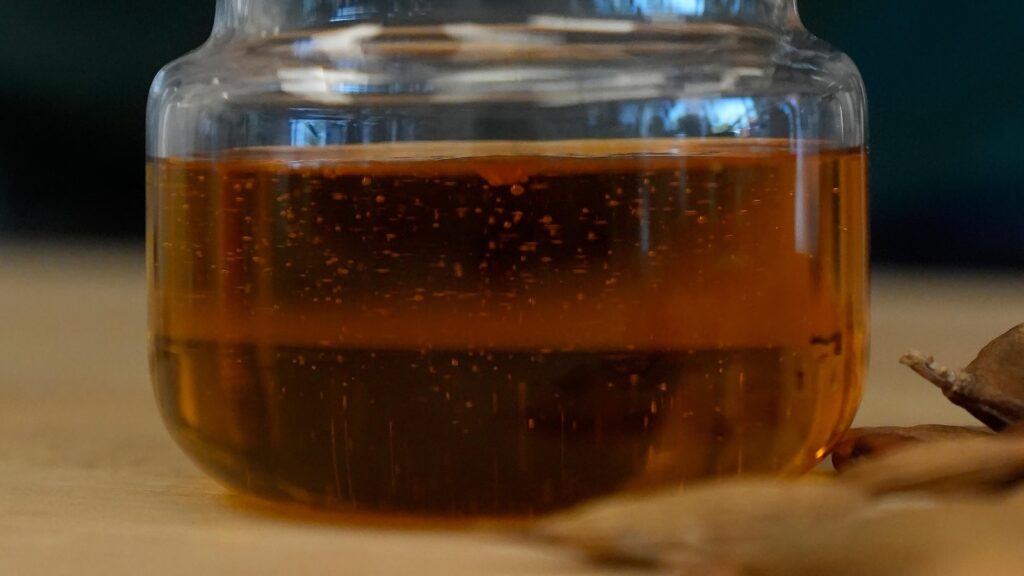An ancient tree from India is now thriving in Florida, potentially providing the nation with renewable energy.
As Florida’s citrus industry declines due to greening and citrus canker diseases, some farmers are turning to the pongamia tree, a climate-resilient species with potential for plant-based proteins and sustainable biofuel.
For years, pongamia has served as a shade tree, producing bitter legumes that even wild hogs avoid. Unlike orange and grapefruit trees, pongamia needs minimal attention.
These trees don’t require fertilizer or pesticides, thrive in various weather conditions, and are easy to harvest using machines that shake the beans from the branches.
Terviva, a San Francisco-based company founded by Naveen Sikka in 2010, uses a patented process to remove the bitter taste from the beans, making them suitable for food production.
“Florida offers a unique opportunity for both Terviva and former citrus farmers,” Sikka told The Associated Press. “Pongamia is the perfect fit.”
Pongamia, native to India, Southeast Asia, and Australia, is now used to produce Panova culinary oil and protein, featured in Aloha’s Kona protein bars, and protein flour.
The legumes produce oil suitable for biofuel, particularly for aviation, which has a low carbon footprint, said Ron Edwards, chairman of Terviva’s board and long-time Florida citrus grower.
Turning a wild tree into a domestic one hasn’t been easy, Edwards noted. “There are no books to read on it, because no one else has ever done it.”
Bees and pollinators feast on pongamia flowers, supporting local biodiversity. An acre of pongamia can produce as much oil as four acres of soybeans. The remaining high-grade protein can be used in baking, smoothies, and other plant-based products.
“We know pongamia grows well in Florida, and the end markets for the oil and protein are enormous,” Sikka said. He highlighted the tree’s potential to align with sustainable farming practices.
At a Fort Pierce nursery, workers graft mother tree portions to pongamia rootstock, ensuring the desired traits in all Terviva trees.
Citrus canker, a bacterial disease, causes lesions on fruit, stems, and leaves, making trees unproductive. Citrus greening, or Huanglongbing, slowly kills trees and degrades fruit, reducing citrus production by 75% since 2005.
Hurricane Ian caused about $1.8 billion in damages to Florida agriculture in September 2023, further affecting the citrus industry.
Globally, citrus-producing countries face similar issues. This year’s harvest in Brazil, the world’s largest orange juice exporter, is forecast to be the worst in 36 years due to flooding and drought, according to Fundecitrus.
Pongamia trees, however, are largely unaffected by climate and disease. “It’s just tough, a jungle-tested tree,” Edwards said. “It stands up to a lot of abuse with very little caretaking.”
Pongamia also grows well in Hawaii, thriving on former sugarcane land.
John Olson, owner of Circle O Ranch near Fort Pierce, replaced his grapefruit groves with 215 acres of pongamia trees. “Because of greening, we abandoned citrus production,” Olson said. “The citrus industry has mostly died in Florida.”
Edwards noted that the cost of managing citrus trees eventually became too risky, prompting the switch to pongamia. “What attracted me to pongamia was its potential to repurpose fallow land previously used for citrus,” he said.
In December 2023, Terviva partnered with Mitsubishi Corporation to supply biofuel feedstock for biodiesel, renewable diesel, and sustainable aviation fuel.
“Our partnership with Mitsubishi is off to a great start,” Sikka said, highlighting Mitsubishi’s expertise in accelerating Terviva’s progress.
Research is ongoing, with Edwards noting successes in producing graham crackers, table oil, and other plant-based protein products.
Pongamia offers an alternative to soybean and yellow pea protein for those seeking non-meat protein sources, he said.
Original Story at abcnews.go.com
